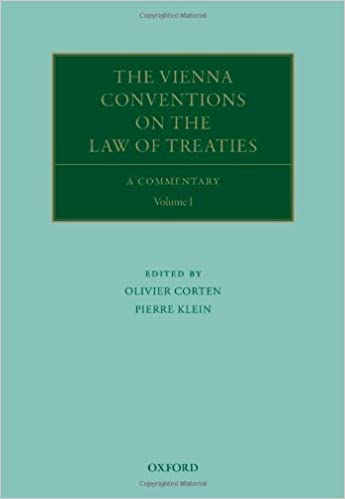
Week 03: Reservation to a Treaty, Entry into Force, Registration and Depositary of Treaties
It is well established in the practice of States that a State has a capacity, when becoming a party to a treaty, to accept most of the provisions of a treaty or to object, for whatever reasons, to particular provisions of a treaty. This capacity is reiterated by the Vienna Convention on the Law of Treaties which states that a State may, when signing, ratifying, accepting, approving or acceding to a treaty, formulate a reservation unless the reservation is either prohibited by the treaty or incompatible with its object and purpose, or the treaty permits only specified reservations. A reservation is defined by this Convention as “a unilateral statement, however phrased or named, by a State, when signing, ratifying, accepting, approving or acceding to a treaty, whereby it purports to exclude or modify the legal effects of certain provisions of the treaty in their application to that State”.



